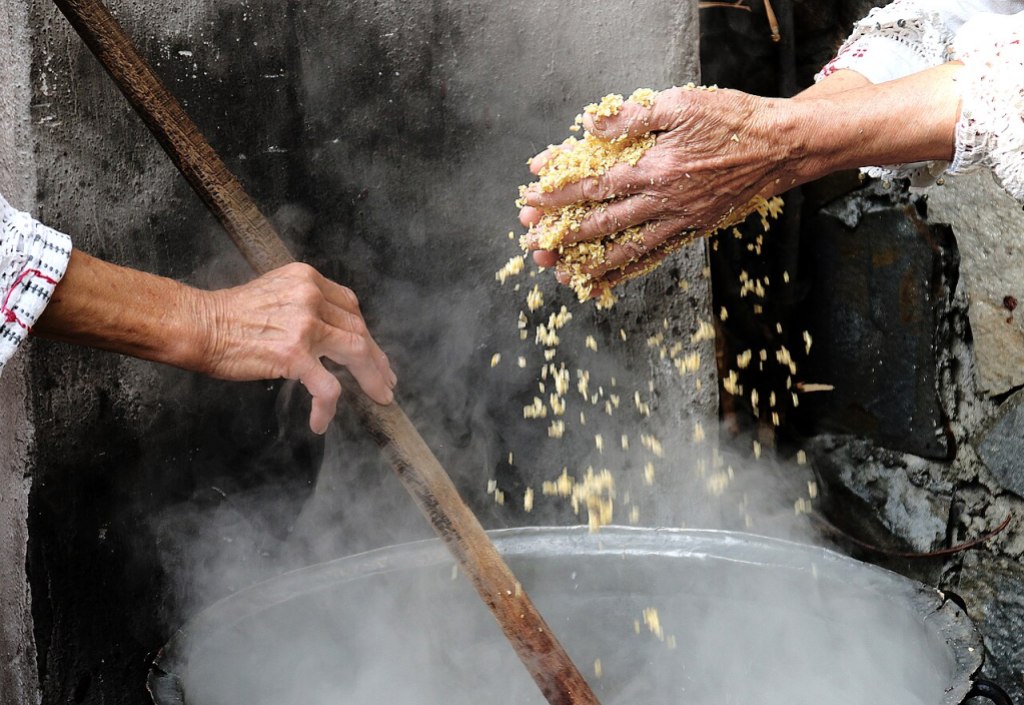
Cultural heritage is not only monuments and collections of objects, but also intertwined with everyday traditions and living expressions that are transmitted over generations. According to UNESCO, oral traditions including language, performing arts, social practices, rituals, festive events, knowledge and practices concerning nature and the universe or the knowledge and skills to produce traditional crafts are living heritage.
Wiki Loves Living Heritage was launched in 2023 to celebrate the twentieth anniversary of the UNESCO Convention for the Safeguarding of the Intangible Cultural Heritage as an invitation for the wikimedians as well as the heritage authorities and organizations around the world to bring living heritage to the Wikimedia projects.
See the elements inscribed in 2023!
Photo contests, editathons, documentation projects
The project brought together the focal points (the authorities and organizations responsible for safeguarding living heritage) and the Wikimedia affiliates to decide what they wished to do together.
Photo campaigns and contests were familiar and fun formats for arranging events in different parts of the world. Wikimania 2023 in Singapore teamed up with National Youth Achievement Award (NYAA) and the National Heritage Board (Singapore) (NHB) to organize Wiki Loves Living Heritage in Singapore Photo Contest. Dr. Kirk Siang Yeo of the NHB was invited to give a keynote lecture. In Europe, Wikimedia affiliates worked with focal points to run the European photo contest. All these photos are now openly available in Wikimedia Commons, expanding the visual knowledge of the world’s cultures.
Across the world, many formats were explored, including editathons, a heritage camp, wiki club, documentation trip, or data imports and editing events. The initiatives can be explored on the main page. The metrics page shows how the data and articles increased over the year and the Get inspired page is for sharing learnings.
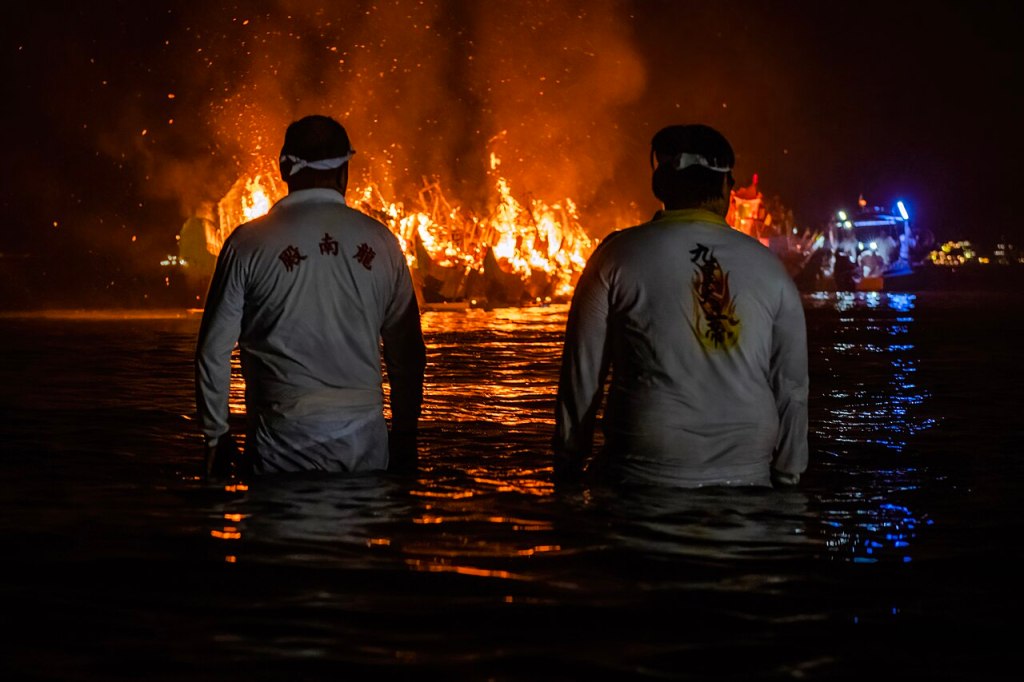
The role of data
Inventories document living heritage practices in each country. For Wiki Loves Living Heritage, key details, including names in local languages, heritage type, locations, and a link to the inventory entry, are added to Wikidata. This information creates connections across Wikimedia projects, such as links to existing Wikipedia articles, images in Wikimedia Commons, books in Wikisource, as well as objects in museums or literature in libraries outside Wikimedia projects.
Wiki Loves Living Heritage pages feature the heritage elements and encourage users add more information through links to the Wikimedia projects. The article How to import an inventory explains how to gather the data of an inventory and how to arrange it for importing to Wikidata.
Keep an eye on the Get inspired page for article additions!
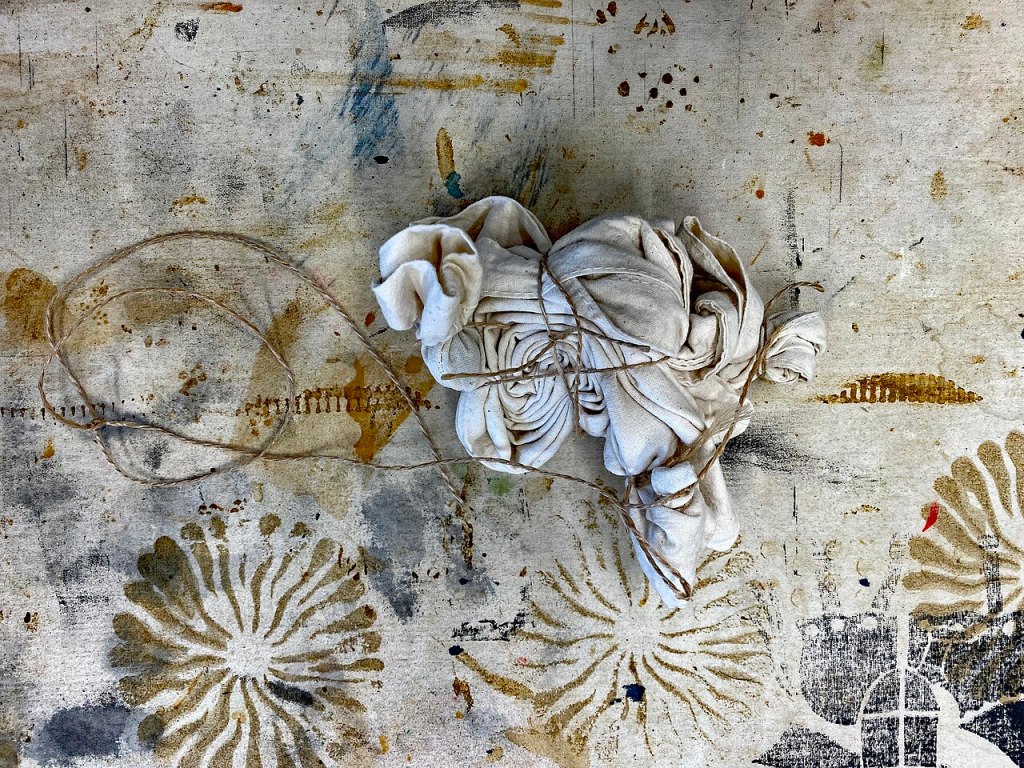
Ethics of open sharing
Both protecting and opening information must be carefully thought of when sharing living heritage online. Data about community-owned heritage or images of identifiable people might require sharing under some conditions only or the permission might need to be revoked, if needed.
The Ethics of Open Sharing webinar in collaboration with the Creative Commons Open Culture Platform gave an introduction to these questions. The amazing speakers Melissa Shaginoff, Shailili Zamora Aray, Patricia Adjei and Mehtab Khan set the tone and discourse for the whole year to come. The Ethical Sharing Card deck was published at the same event.
Wikiproject Local Contexts was created at GLAMhack 2023 in Geneva. It started exploring whether the content labels created by Local Contexts in support of indigenous sovereignty and ethical data governance could be used with images on Wikimedia Commons.
How to know if an image can be shared? With the images uploaded via the Wiki Loves Living Heritage campaign, we tested how the permission to share, granted by the people in the image or the community whose tradition is being shared, can be shared along with the uploaded images.
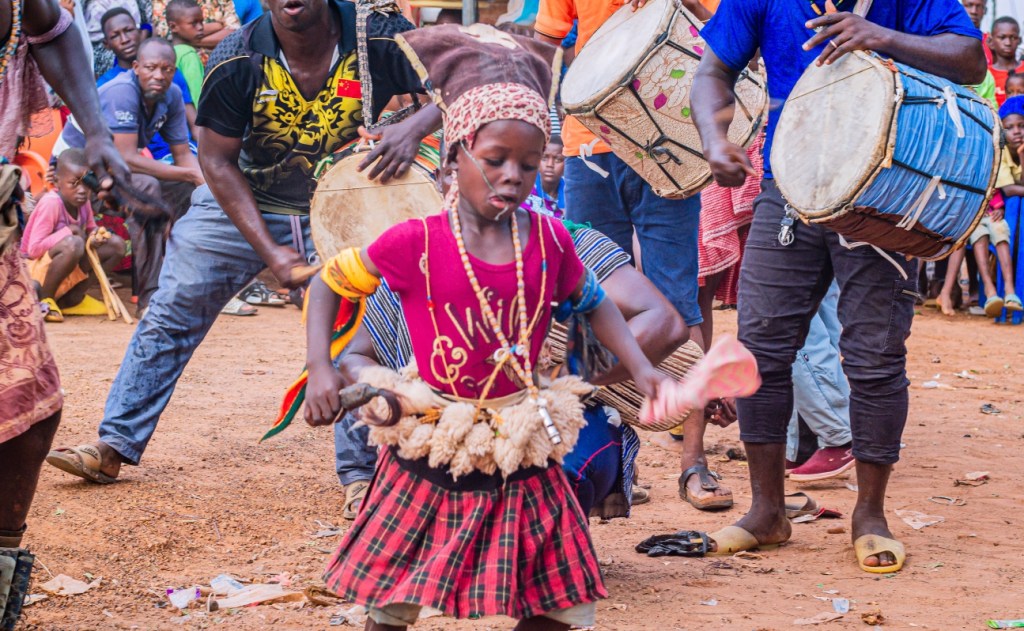
What next?
The campaign is over but the Wiki Loves Living Heritage pages are maintained and developed.
The Living Heritage pages for individual heritage elements are further developed into multilingual workshop pages to collect images, articles and source references about the elements and where image contributions, research or writing events can start from.
Only a fraction of the world’s living heritage inventories are on Wikimedia projects. The Wiki Loves Living Heritage community continues to support adding inventories and elements to Wikidata to encourage safeguarding, documenting and revitalizing the elements.
Collaborations between Wikimedia affiliates and focal points will continue to be supported by the project team. Some initiatives are only just starting to happen. Let’s imagine how the different campaigns and organizations in the Wikisphere can come together to support living heritage activities in the years to come!
Keep following the Wiki Loves Living Heritage page for updates.
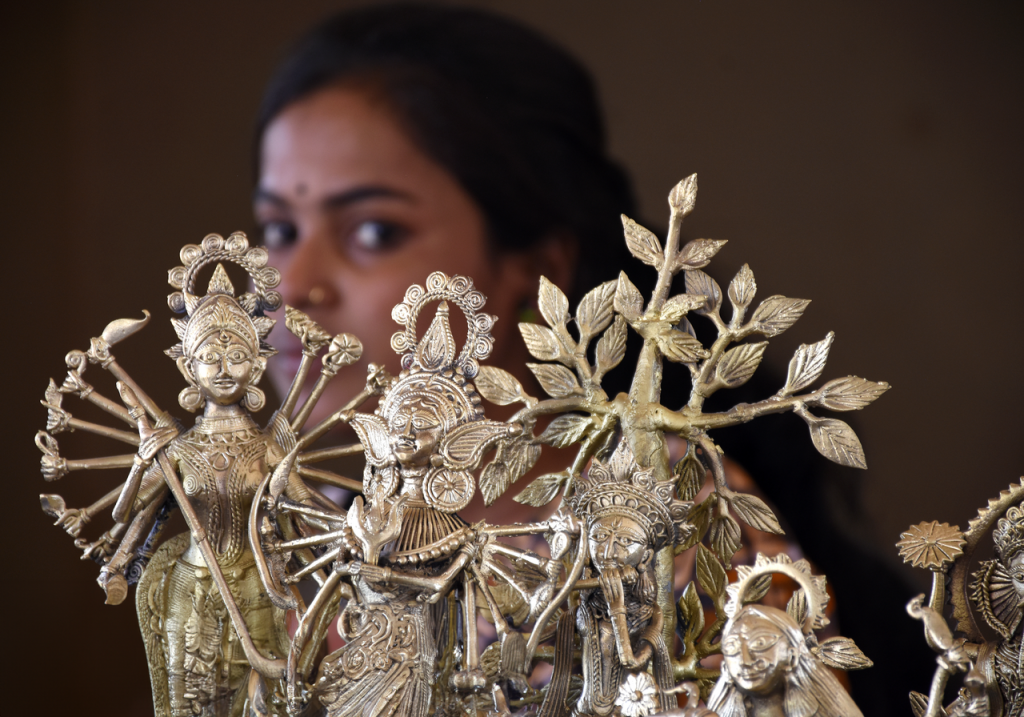
Thank you all, and let’s keep on working!
The different corners of the Open movement made this global collaboration come true. The staff in the affiliates as well as Wikimedia volunteers participated by bringing data online, writing articles, transcribing living heritage literature, contributing to the photo contests, joining the weekly meetups, presenting at events, solving problems on the online channel, maintaining translations or providing technical advice. Wikimedia Foundation Culture & Heritage team as well as the Communications team provided support throughout the year. Two events have been organized with the Let’s Connect Learning Clinics.
Wiki Loves Living Heritage was part of several events over the course of the year. Living Heritage Bazaar events were arranged in Europe in collaboration with the European Heritage Days coordinators, at Wikimania in Singapore and in the GLAM Wiki 2023 Conference in Montevideo, Uruguay. At GLAMhack 2023 in Geneva, Switzerland, Traditional Knowledge content labeling on Wikimedia projects was workshopped with Local Contexts. Data import was discussed at WikidataCon, modelling living heritage at Data Modelling Days, and using Wikimedia Meta as the project platform at GLAM Wiki 2023.
The campaign was supported by the Wikimedia Foundation, Council of Europe / European Heritage Days, Quebec Council for Living Heritage, Dutch Centre for Intangible Cultural Heritage, Federal Office of Culture of Switzerland, Workshop Intangible Heritage Flanders & Flemish Commission for UNESCO in Belgium, and the Finnish Heritage Agency.
Wiki Loves Living Heritage was initiated by the European Network of Focal Points for the 2003 Convention (ENFP) and AvoinGLAM.
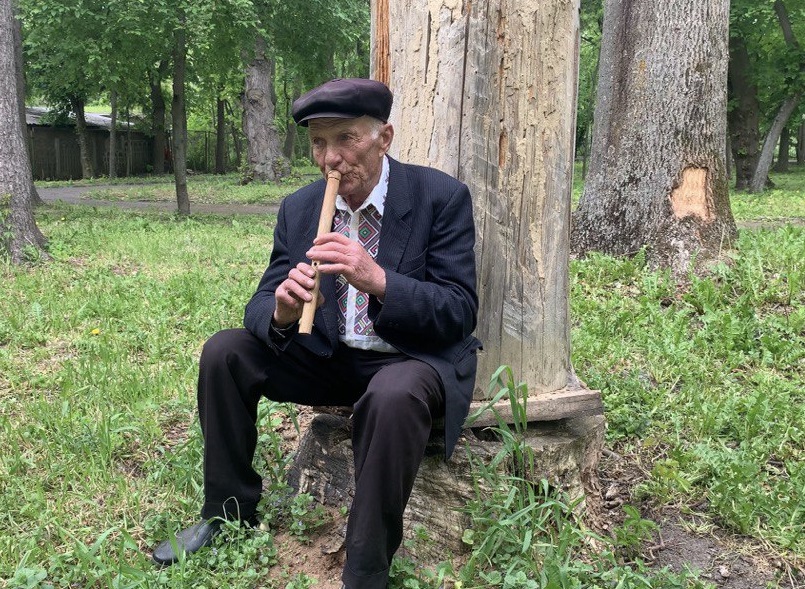

Can you help us translate this article?
In order for this article to reach as many people as possible we would like your help. Can you translate this article to get the message out?
Start translation